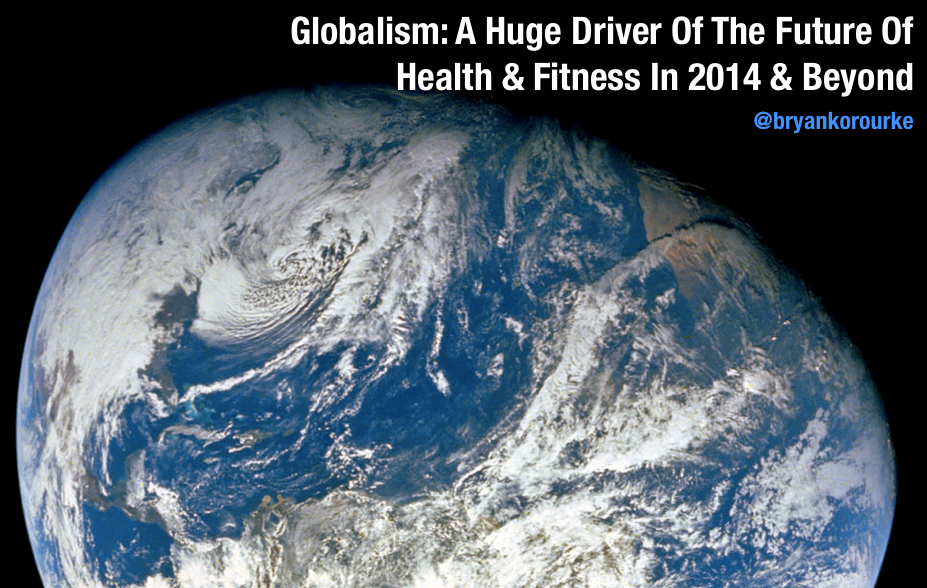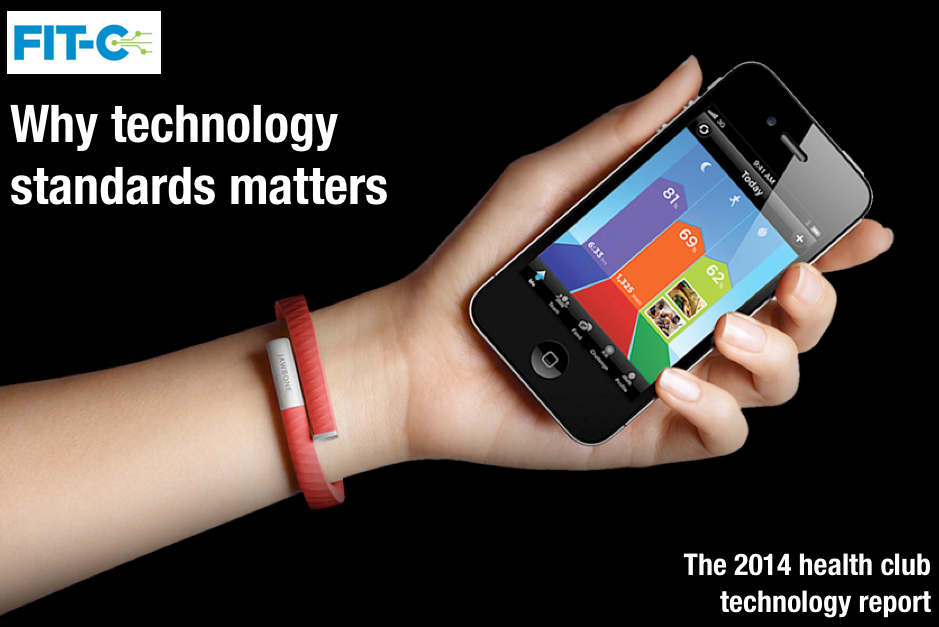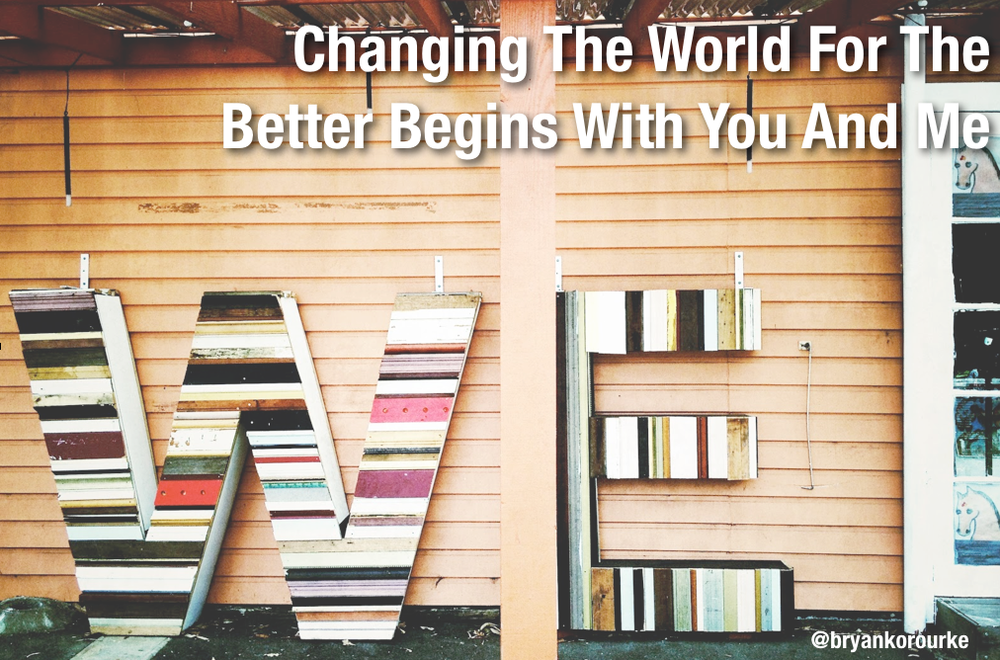FIT-C Releases The 2014 US Health Club Technology Survey Report
/2014 U.S. Health Club Technology Survey Report
from
Bryan O'Rourke Business Leader In Fitness, Wellness & Technology
A survey on technology that included 746 U.S. based health clubs was conducted at the end of 2013. The survey report was just published by the Fitness Industry Technology Council (Fit-C). The 2014 U.S. Health Club Technology Survey Report possed 14 questions on technology adoption to owners and managers of health clubs.
The results were very interesting. You can obtain a copy for free here and the survey infographic here. Social media adoption, for example, as a key vehicle for marketing and advertising is widespread in U.S. clubs according to the survey results. 97% of all health clubs surveyed indicated that they have a Facebook page and social media and websites are the top 2 marketing and advertising vehicles clubs use today.
While social media is widely used for promotion and advertising, only 30% of clubs enable prospects to join online and a mere 39% provide online account management to members. Today 61% of global consumers prefer to shop in an omni-channel, self-service and automated way according to Cisco’s Customer Experience Report. According to recent Forrester Research, organizations will differentiate themselves by delivering consistent and customizable customer experiences digitally. A clear opportunity in online service exists in the Club market.
2014 FIT-C US Health Club Technology Survey Infographic
from
Bryan O'Rourke Business Leader In Fitness, Wellness & Technology
Finally, while the report addresses a number of adoption trends, two survey questions stood out. First, 62% of surveyed clubs say costs are blocking wider technology adoption. We expect technology costs to continue to decline and therefore believe adoption of technologies will expand significantly going forward. Second, only a third of respondents believe interoperability is important. We now know that nearly 60% of members come to the gym with devices and only a third of those devices connect with equipment. We also know that customers are expecting a more omni-channel experience and so connectivity among technologies is going to be essential to create a better experience. Interoperability is a key underlying mission of the Fitness Industry Technology Council because of this.We need to create standards to create connectivity among all brands of equipment, among other standards, to enable enhanced consumer experience in clubs.
What do you think? I'd love to hear your views. An increasingly competitive landscape from outside the traditional bricks and mortar health club industry is going to require brands to think about technology adoption and deployment around the customer to create better experiences. Do you agree ? Shouldn't we work together to make that possible ?
About Bryan
Bryan O’Rourke is considered by many to be a thought leader on technology, health club and wellness trends. He has been quoted in global periodicals like the Wall Street Journal, and has been published in journals around the world on his views of how technology will create the dawn of a new era of opportunity for the health club and fitness industries. In addition to being an industry expert, Bryan is a technologist, financier, shareholder and executive in several fitness companies. He has spoken on a range of business and trend topics on four continents. As a contract executive and advisor, Bryan wears many hats, including working for Fitmarc, which delivers Les Mills programs to over 700 facilities in the US. He advises successful global brands, serves as a member of the GGFA Think Tank, on ACE's Industry Advisory Panel and is CEO of the Fitness Industry Technology Council. To join FIT-C visit www.fit-c.org . To learn more contact Bryan here today .










